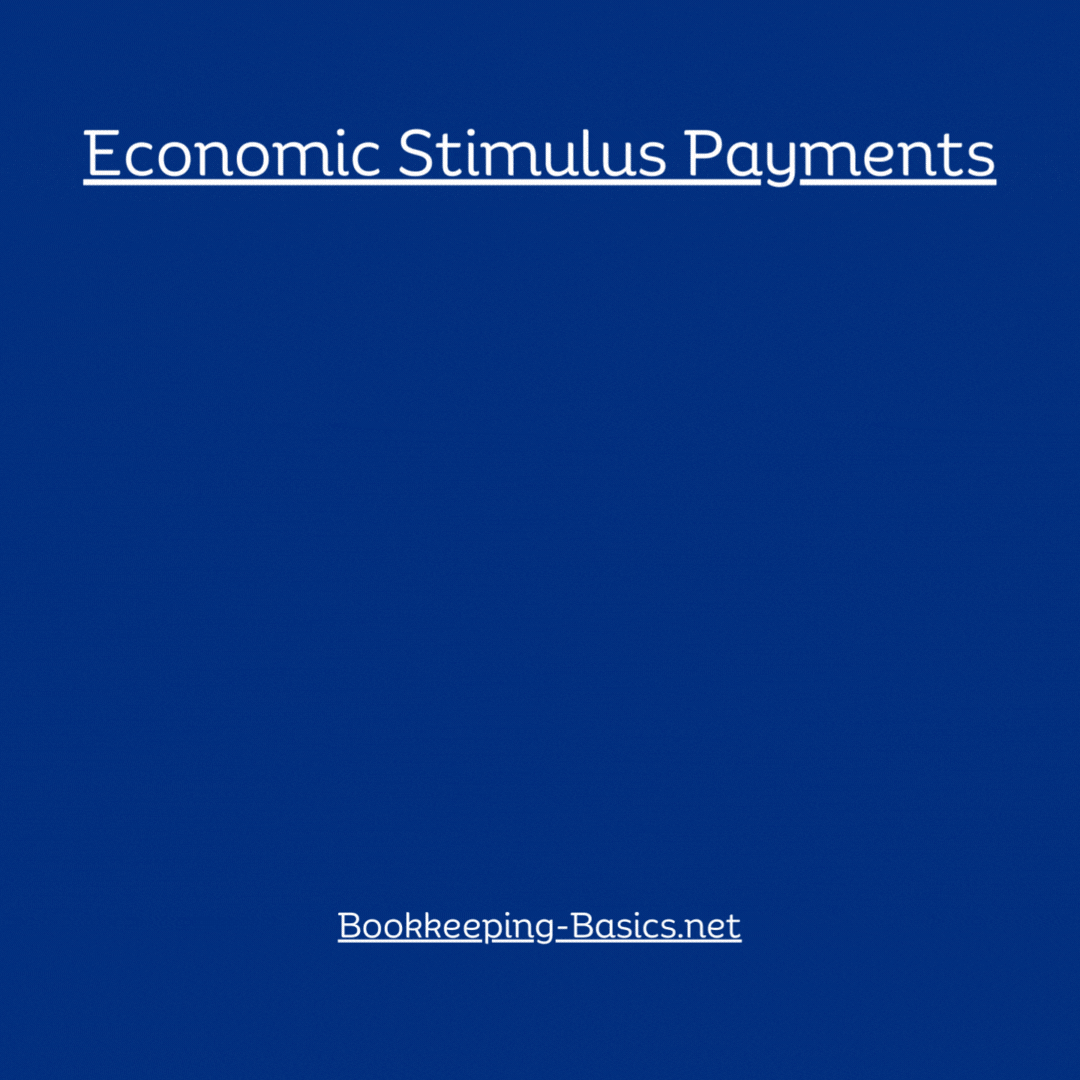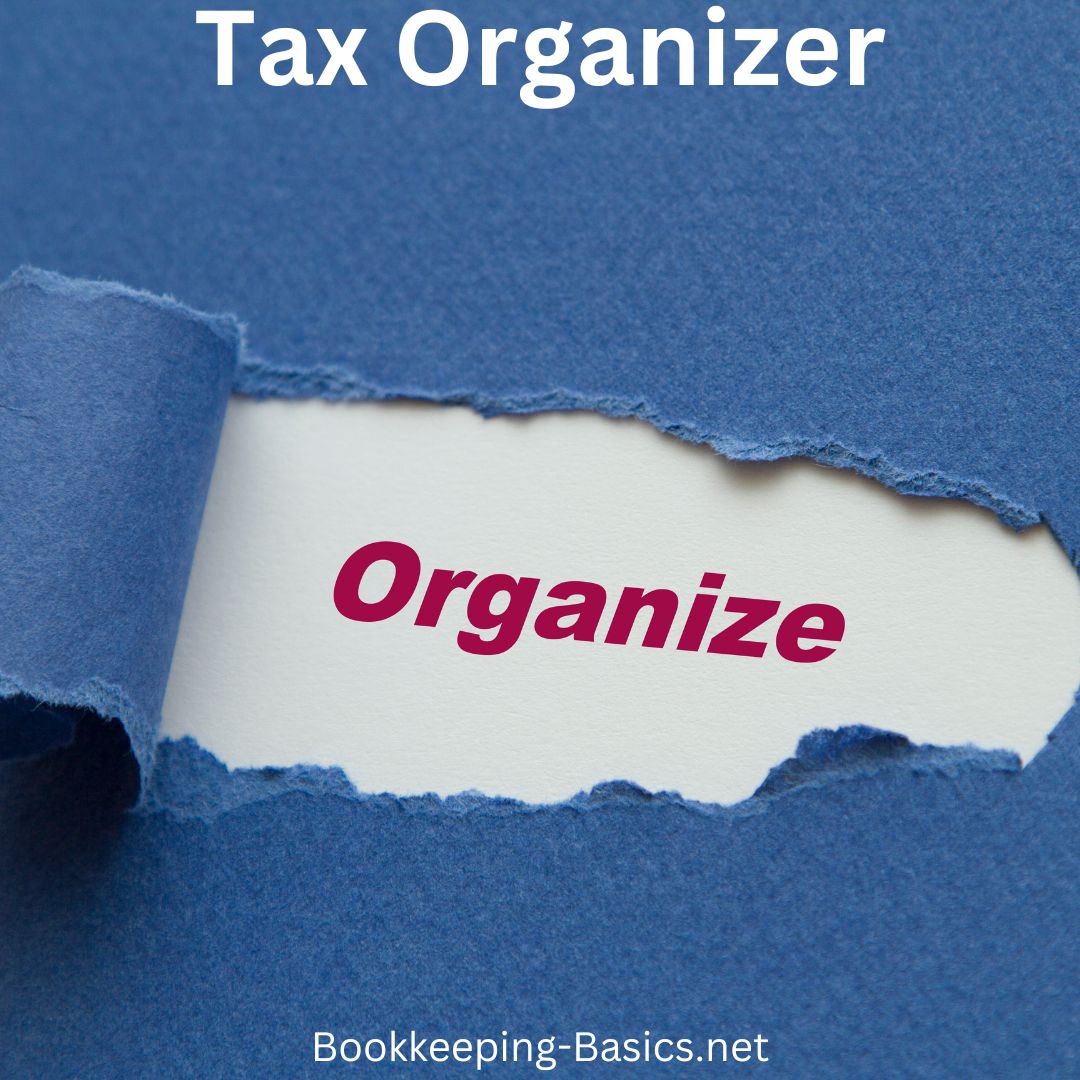- Home
- Bookkeeping Articles
- Economic Stimulus Payments
Economic Stimulus Payments
Purpose And Overview Of The Distribution
Economic Stimulus Payments served a valuable purpose. Here is a bookkeeping article offering an overview of the impact they had of which billions were reported to have been distributed.
The treasury Department has reported that the government distributed electronically and via mail an estimated $4.9 billion payments.
According to Treasury, these numbers were representative of the near completion of all direct deposits, with the continued mailing of paper checks.
Economic Stimulus Payments - Improper Deposits
The IRS reported that in a few instances, taxpayers informed the agency that their stimulus payments were not deposited to the proper bank account. The IRS promptly worked with taxpayers on a case-by-case basis to resolve these issues as quickly as possible.
Economic Stimulus Payments - Missing Child Payments
Approximately 350,000 taxpayers did not initially receive the child payment portion of their economic stimulus payment, despite qualifying for the payment. According to the IRS, these taxpayers did not check the proper box on their returns to trigger the $300 payment, or the tax preparation software they used failed to capture the proper information needed for issuing the child stimulus payments. The IRS indicated that it would send separate checks to cover the qualifying children's payments.
Economic Stimulus Payments - Married Couples
Married couples received up to a $1,200 stimulus payment, and qualifying individuals up to $600. Each qualifying child entitled to caretaker to an additional $300. Rebates begin to phase-out at $75,000 of adjusted gross income (AGI) for individuals and $150,000 of AGI for married couples filing jointly. The combined basic and child rebates phase-out at five percent of the amount exceeding these applicable AGI thresholds.
For tax returns processed by the IRS by April 15, households received their payments according to the last two digits of the Social Security number on their tax return. On a joint return, the first number listed will determine when a stimulus payment will be sent. However, individuals who had e-file or tax preparation fees deducted from their refunds received paper checks.
Warning About Scam Artists
Warning — Scam Artists were Contacting Taxpayers about the Stimulus Payments
The IRS was not e-mailing or calling taxpayers about their stimulus payment. So if someone claiming to be from the IRS called or e-mailed you about the payments and asked you for a Social Security, bank account or credit card number or similar information, it was a scam. The scammers were trying to get your personal and financial information so they could possibly empty your bank account, run up charges on your credit card and more. Find out more — see IR-2008-11, IRS Warns of New E-Mail and Telephone Scams Using the IRS Name; Advance Payment Scams Starting.
Economic Stimulus Payments Impact
The Economic Impact Payments, also known as stimulus checks, had a significant positive impact on Americans in various ways. These payments were part of the government's efforts to provide financial relief and stimulate the economy during times of economic uncertainty, such as the COVID-19 pandemic. Here are some of the ways in which the Economic Impact Payments benefited Americans:
- Financial Assistance: For many individuals and families facing financial hardships due to job losses, reduced work hours, or business closures, the stimulus payments provided much-needed financial assistance. They helped cover essential expenses such as rent, mortgage payments, utilities, groceries, and healthcare costs.
- Economic Stability: The Economic Impact Payments played a crucial role in stabilizing the economy. By injecting money directly into households, consumers had additional funds to spend, boosting consumer spending and supporting local businesses. This increased economic activity helped mitigate the negative impact of the economic downturn and aided in the overall recovery process.
- Debt Reduction: Some recipients used the stimulus payments to reduce their debts, such as credit card balances, student loans, or medical bills. By alleviating debt burdens, individuals could improve their financial situations and potentially enhance their credit scores, leading to increased financial stability in the long run.
- Savings and Investments: Many Americans chose to save or invest their stimulus payments. These funds were used to build emergency savings, contribute to retirement accounts, or invest in stocks, mutual funds, or other financial instruments. By encouraging saving and investment, the stimulus payments promoted financial resilience and long-term financial well-being.
- Increased Consumer Confidence: The provision of Economic Impact Payments helped restore consumer confidence during uncertain times. Knowing that the government was taking steps to support individuals and families financially instilled a sense of security and stability, which in turn had a positive impact on consumer spending and economic growth.
- Support for Vulnerable Populations: The stimulus payments provided crucial support to vulnerable populations, including low-income households, unemployed individuals, and those disproportionately affected by the pandemic. These payments helped bridge the gap and provided a lifeline for those struggling to meet their basic needs.
It's important to recognize that the impact of Economic Impact Payments varied depending on individual circumstances. While these payments undoubtedly provided significant relief to many Americans, the long-term effects on the economy and individual financial situations are complex and multifaceted.
More Bookkeeping Articles
- Bookkeeping Company
- Bookkeeping Office Productivity
- Bookkeeping Salaries
- Bookkeeping Tips
- Business Structure
- Deductible Expenses
- Economic Stimulus Payments
- Estimated Tax Payment
- Hobby Loss Rule
- Home Based Bookkeeping Business
- Reduce Office Clutter
- Standard Mileage Rate
- Starting Own Business
- Tax Relief
Please subscribe to my monthly newsletter, Bookkeeping Basics E-zine. It tells you every month about the new information that I have added, including some great tips and advice from myself and other Bookkeeping Basics readers.
Like Bookkeeping-Basics.net?
- Home
- Bookkeeping Articles
- Economic Stimulus Payments
















New! Comments
Have your say about what you just read! Leave me a comment in the box below.